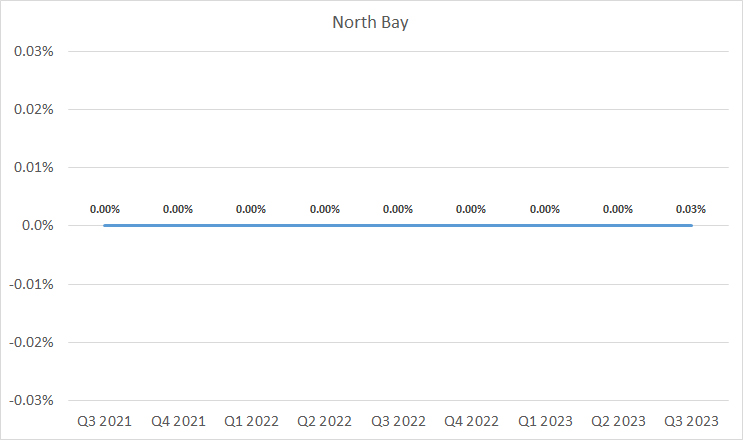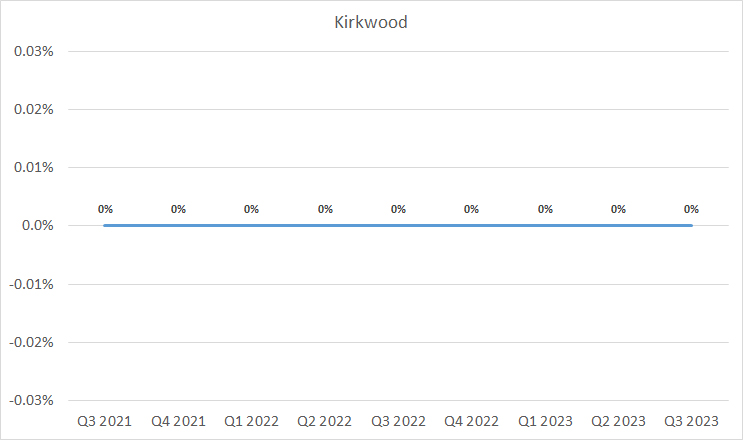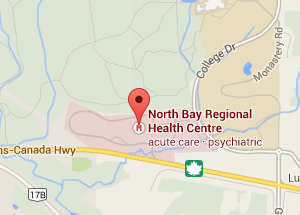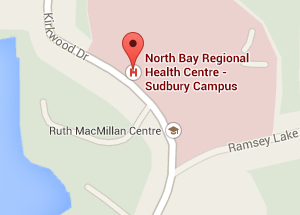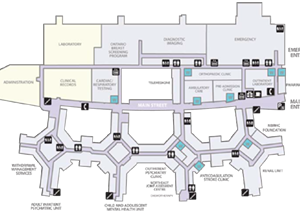MRSA can be acquired within the hospital (HA) or from the community (CA). The rate of MRSA infection is calculated as a rate per 1000 patient days. The rate is calculated by taking the total number of new HA cases each month and dividing by the total number of patient days each month multiplied by 1000. The total patient days represents a sum of the number of days during which services were provided to all inpatients during that given time period.
The rate is calculated as follows:
Number of new hospital-acquired cases of MRSA in our facility X 1000
Total number of patient days (for one month)
Please note as indicated on our website the pt. care days for our C.difficle infection will always be different than our pt. care days for MRSA and VRE because we do not include paediatric pt. days for those children under one year of age.
